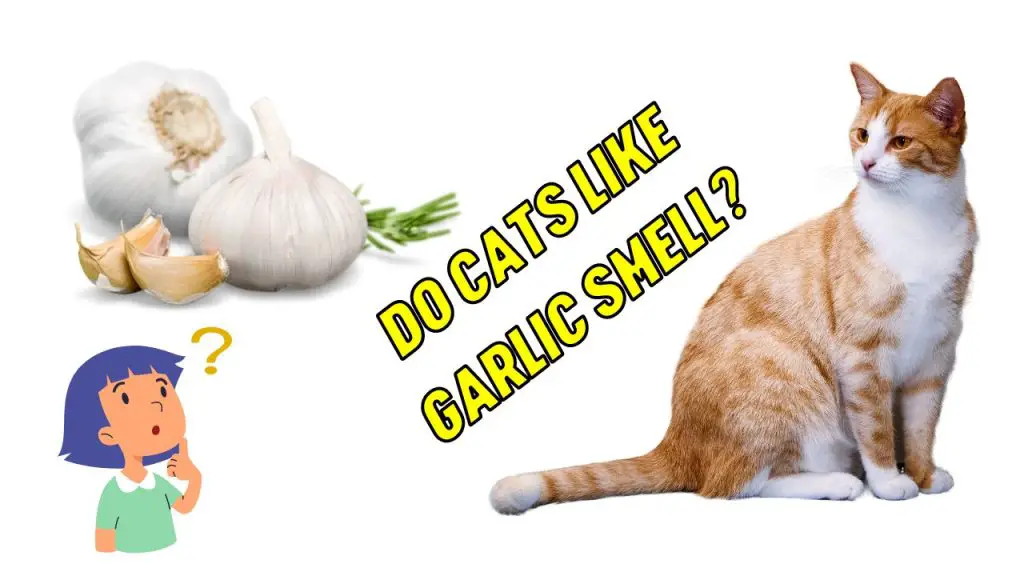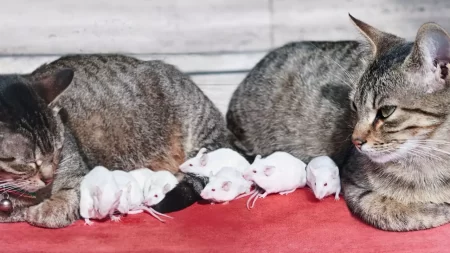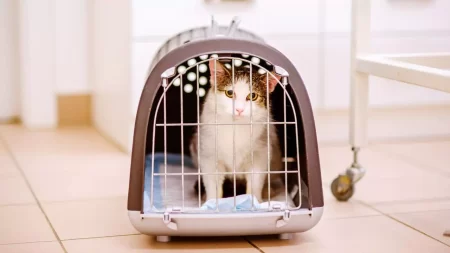Wow, cats sure are intriguing creatures, ain’t they? With those finely tuned senses, especially when it comes to their snouts! We pet owners are always curious, always wondering what makes our furry friends purr with delight or run for the hills. So, what’s the deal with garlic? Does this pungent scent send our kitties running or have them rubbing their heads in delight? Let’s dive in and get to the bottom of this feline conundrum!
The Sense of Smell in Cats
Cats have one incredible sense of smell! It plays a huge role in how they go about their day, from nosing out their next meal to marking their turf and even recognizing their peeps by scent alone. I mean, have you ever stopped to think about just how powerful a cat’s nose is? It can detect all sorts of smells that’d just fly right by us humans, and it’s a whopping fourteen times more sensitive than our puny sniffers. Cats truly have one amazing schnoz!
The Impact of Garlic on Cats
Garlic may be a tasty addition to our human grub, but did you know it can be toxic to our feline friends? That’s right, it’s got a chemical called allicin that can cause major digestive woes, like upchucking, the runs, and even anemia, if the kitty ingests too much. But, before you go thinking garlic is the devil in disguise, its scent alone isn’t toxic to cats. However, that doesn’t necessarily mean they’re gonna be thrilled with its aroma either.
Now, here’s the thing – most vets will tell you to steer clear of feeding garlic to your furball due to the potential health hazards. But, as far as how cats feel about the scent of garlic? Well, opinions are mixed on that one. Some love it, some not so much. It’s really a toss-up with these mysterious creatures.
Observing Cats’ Reactions to Garlic
Wanna see if your feline buddy is a fan of garlic or not? Well, you can find out with a little experiment! Just give ’em a tiny bit of minced garlic to sniff around and see how they react. Pay attention to their behavior and see if they seem drawn to it or if they turn up their noses. But, here’s the thing, every cat is different, so their response to garlic may vary. Age, breed, and past experiences with the scent can all play a role in shaping their opinion of garlic. So, it’s worth taking all those factors into consideration when trying to gauge your cat’s garlic preferences.
Do Cats Like Wild Garlic?
Spring brings more than just sunshine and flowers, it also brings wild garlic – also known as ramps – to the party! This wild onion packs a garlicky punch and smells just like the domestic kind. But, what do cats think of this wild variety? Well, that’s a bit of a mystery. Although, it’s safe to bet that their reaction to wild garlic will be similar to how they respond to the domestic kind. So, if your cat’s not a fan of the domestic stuff, it’s probably best to keep them away from the wild garlic as well.
Should You Plant Wild Garlic?
So, if you’re weighing the pros and cons of planting wild garlic, just remember to keep kitty in mind. To play it safe, plant it out of paw’s reach or opt for a cat-friendly alternative like catnip or mint. Trust me, your cat will thank you for it!
Does Garlic Powder Deter Cats?
Garlic powder is a subject of contention when it comes to keeping cats away. Some pet owners swear by it, claiming it works wonders in repelling their furry friends, while others say it has zero impact. However, it’s worth noting that the use of garlic powder can be risky as it may cause skin irritation or an allergic reaction if it comes into direct contact with a cat’s skin.
How to Make a Garlic Spray to Deter Cats?
For those seeking an all-natural feline deterrent, consider whipping up a potent garlic spray! Gather your supplies, as we’ll be needing the following ingredients:
Ingredients:
- 4 cloves of garlic
- 1 teaspoon of cayenne pepper
- 1 quart of water
Tools:
- Blender
- Strainer
- Spray bottle
Instructions:
For a potent deterrent to keep cats at bay, try blending a pungent mixture of garlic and cayenne pepper. In a blender, meld the ingredients until a smooth, uniform texture is achieved, then transfer the mixture to a saucepan, and gradually add water to the blend. As the mixture simmers over medium heat, occasionally stir it for 10 minutes, then remove it from the heat source to cool. After straining the blend through a fine mesh strainer, dispense the resulting solution into a spray bottle and liberally apply it to areas where you wish to maintain a feline-free zone, such as near-prized plants or prized furnishings.
Beware, this solution’s purpose must only be to discourage cats, not harm them. Also, take care to keep it away from all pets, including your feline, as direct contact could lead to skin irritation.
Conclusion
The relationship between felines and the fragrance of garlic is a subject of ambiguity, as each individual cat may have a distinctive response to the scent. Exercise caution if you’re contemplating the usage of garlic as a means of repelling cats and carefully observe your pet’s behavior when they come into contact with the scent. If any adverse reactions are detected, it’s imperative to discontinue the usage and seek the counsel of a veterinary expert.
The perplexing question of whether cats appreciate the aroma of garlic remains unanswered, but it’s always advisable to prioritize safety over experimentation with our beloved felines.







